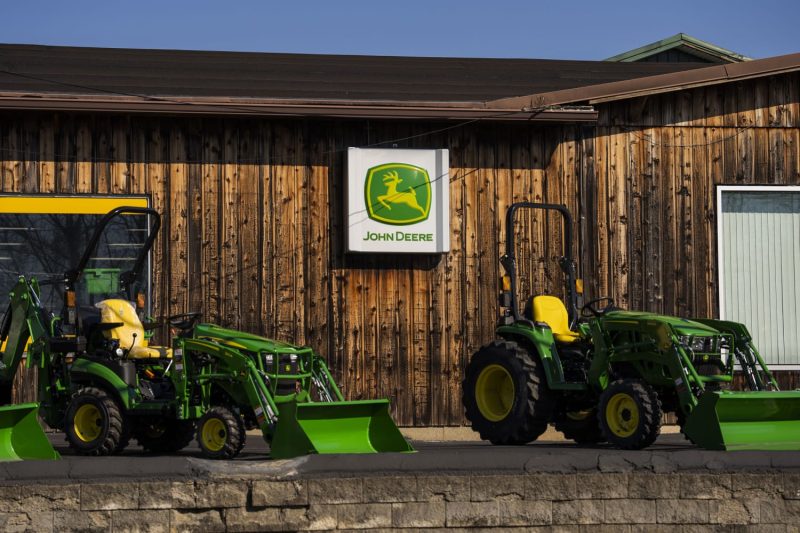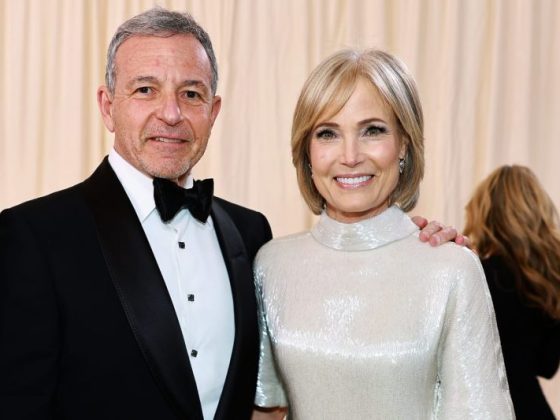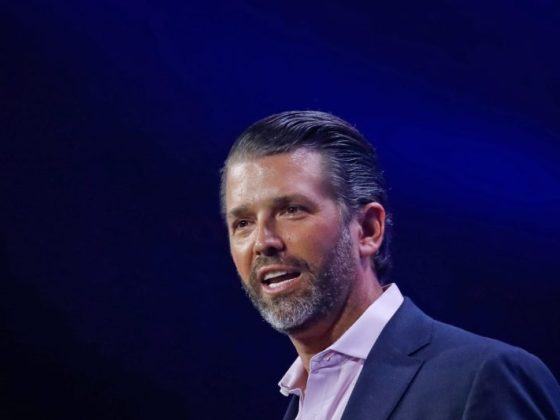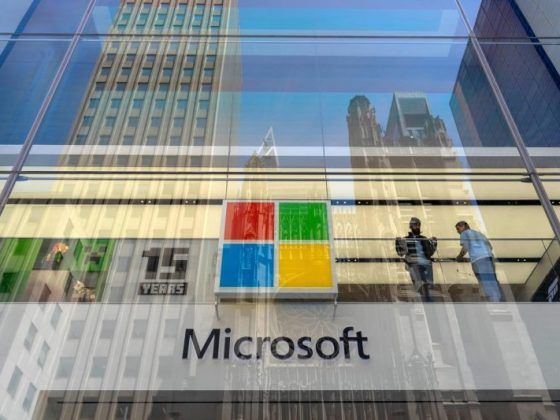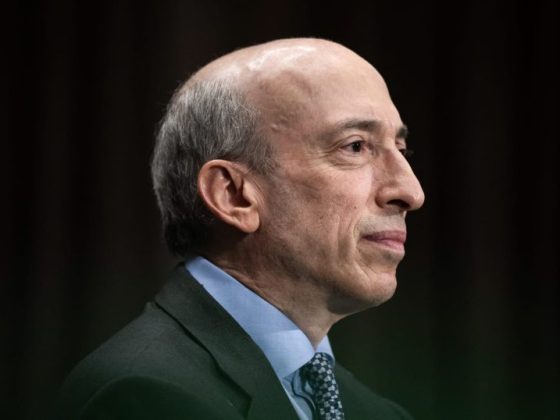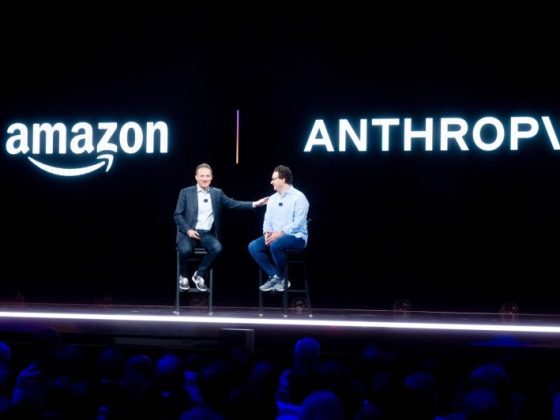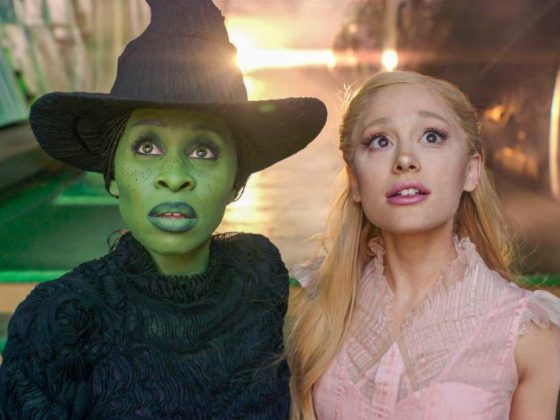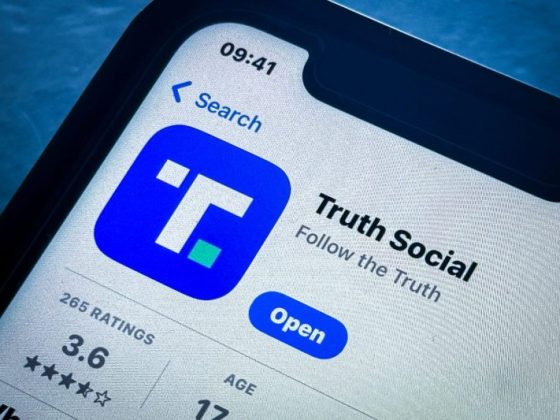John Deere, the well-renowned American machinery company particularly known for its green-and-yellow tractor, has recently decided to withdraw from sponsoring Pride festivals. The move comes following an intense online right-wing pressure campaign that has sparked an extensive debate about what it signifies for corporate America and the LGBTQ+ community.
John Deere’s enduring legacy as an agriculture and construction equipment manufacturer may seem unrelated to LGBTQ+ rights movements at first glance. However, like a multitude of other corporations in America and around the world, John Deere had been supporting and funding Pride festivals as part of its community commitment for diversity and inclusivity. Until recently, that is.
The said sponsorship was a representative of John Deere’s broader commitment to advocating for equality while fostering a diverse and inclusive work environment for its employees. The company had proudly embraced these values over the years as an intrinsic part of its corporate culture.
However, a recent online pressure campaign conducted by right-wing influencers caused the company to rethink its position. The campaign argued that John Deere’s support for the LGBTQ+ community and Pride festivals, in particular, was an unnecessary political involvement that incongruously went beyond the company’s primary scope, which is manufacturing farming and construction machinery.
In the face of this mounting right-wing pressure, John Deere decided to capitulate by announcing their intention to withdraw from sponsoring Pride festivals henceforward. Their decision received mixed reactions from different quarters, with supporters lauding the company for sticking to their machinery manufacturing roots, while opponents critiqued it for succumbing to online pressure and turning its back on the LGBTQ+ community.
While the right-wing pressure campaign claims a victory, the move puts spotlight on the ongoing debates around the role of corporations in social and political causes. It poses several key questions. Are corporate responsibilities limited to manufacturing products and generating profits for shareholders only? Or do they extend to standing up for equality, advocating for human rights, and promoting affirming, inclusive environments?
By withdrawing this support, John Deere may have appeased right-wing critics, but it has undoubtedly stoked controversy and ignited conversations about the corporate participation in, and responsibility towards social and political issues. The pride sponsorship was more than simply a monetary contribution—it was an indication of inclusivity, a commitment to diverse representation, and an acceptance of all, regardless of their sexual orientation or identity.
This incident underlines how the internet and social media can significantly influence corporate decisions on social issues. It can serve as a reminder to all corporations that they may face similar decisions in the future and need to ponder where they stand, not only in terms of their direct business operations but also in relation to societal norms and values.
John Deere’s decision to abandon Pride sponsorships casts a stone of reconsideration amongst both, corporations and individuals alike. The ramifications of their course of action will undoubtedly shape the way other corporations address the balance between business operations and social policies in the future.

